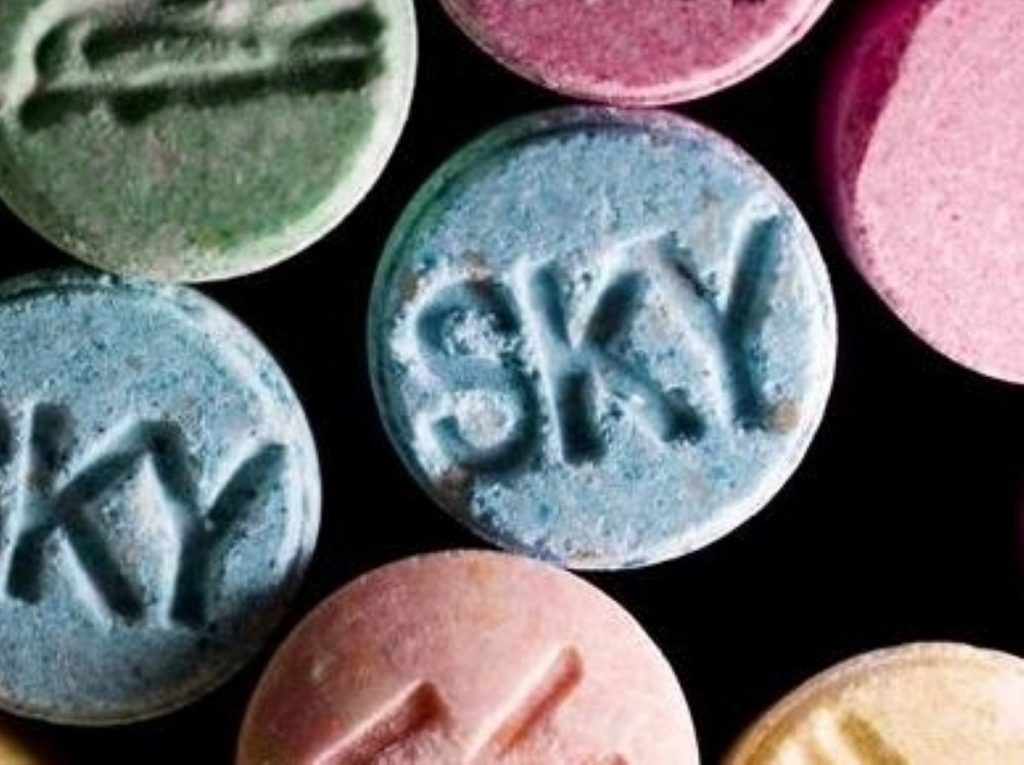Could the Psychoactive Substances Bill trigger the end of drug prohibition?
By Deej Sullivan
The Psychoactive Substances Bill has passed its third reading in the Commons and now appears to be unstoppable. So where do we go from here? Can even a sliver of hope emerge from a Bill packed with so much anti-scientific rhetoric and so many ill-conceived aims?
Well there just might be. Because there is one key aspect of the Bill that could give us cause for hope: It doesn't criminalise users.
It's not entirely clear cut. Possession will be an offence in prisons, and it's still unclear as to how the law will work when purchasing psychoactive substances from foreign websites. Will that be allowed or will it, as is suspected, be considered importation and even supply if the substance is shared?


But however that works in practice, it is significant that the Bill does not make a criminal offence of possession. During the third reading, and indeed at every stage of its passage through Parliament, MPs have been very vocal about not wanting to criminalise those who simply use the substances the government wants to ban. They're after the big guys. The dealers and distributors and particularly the producers of so-called 'legal highs'.
This is commendable, in as much as it is a step forwards from the usual approach of total prohibition. But it's also rather hypocritical. Those same MPs who have for decades supported the Misuse of Drugs Act, that piece of arcane and ineffective legislation which outlaws the more 'traditional' drugs – cannabis, cocaine, heroin, MDMA, etc – in every sense from personal use and possession all the way up to production, are now suddenly concerned with criminalising users.
How the legal highs ban could affect your shoppinglist
Now I'm probably being overly optimistic here but there is one way this could potentially play out which could be a win for drug law reform in the UK. The Psychoactive Substances Bill was modelled on a similar piece of legislation from the Republic of Ireland. That law, as was pointed out repeatedly to MPs, has been a failure. Yes, the headshops closed down, but use went up. Yes, hospital admissions went down but again, use went up. It is obvious to anyone who looks at the facts that all the Irish government did by introducing a blanket ban was ramp up harm for everybody involved. Hospital admissions fell but this was arguably only because users, burdened by the stigma of being branded criminals and the fear of prosecution, no longer felt as able to seek help when they needed it.
The drugs are still there, and people are still using them just as much if not more than before, but the safety net that offered some hope of harm reduction has been torched in the name of prohibition.
However, since introducing their version of our Psychoactive Substances Bill, the Irish have, in the last few months alone, begun to make surprisingly fast progress on real reform. They've introduced supervised injection sites, and look as though – with backing from the Gardai no less – they'll soon become only the second nation in the world to decriminalise the possession of all drugs.
That's huge news on its own, but taken in the context of what came immediately before it, it becomes a potential beacon of hope for drug reformers living on the other side of the Irish Sea.
You see, the British politicians who came up with the Psychoactive Substances Bill have been very keen to stress how greatly they admire Ireland’s stance on this issue. With Ireland on the brink of decriminalisation, and with many of our own senior MPs now on record, multiple times, as being against the needless criminalisation of drug users, could it be that we'll eventually follow suit?
After all, yesterday one of those MPs backing the bill, Crispin Blunt, even outed himself as a user of a newly-banned substance during the debate, something which you would hope would really drive home the hypocrisy of criminalising one group of drug users and not another.
It may seem a long shot, but with both countries seemingly on such a similar path, it seems to be a strong possibility. Although these may seem like dark days for drug reformers, they could yet lead to a brighter dawn.
Deej Sullivan is a writer and activist from the UK. He regularly writes on drug policy for London Real, NORML UK, the UKCSCs and his own blog, thedomesticextremist.co.uk. You can follow him on Twitter here.
The opinions in Politics.co.uk's Comment and Analysis section are those of the author and are no reflection of the views of the website and its owners.









